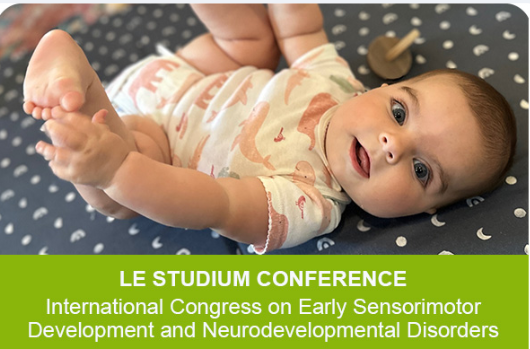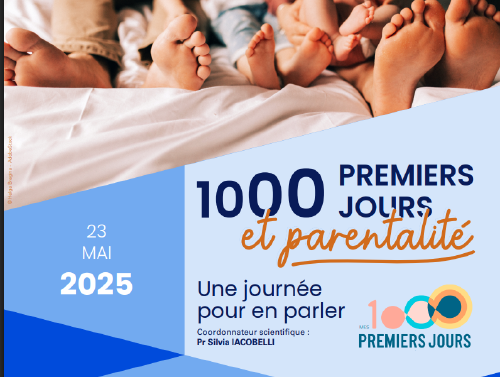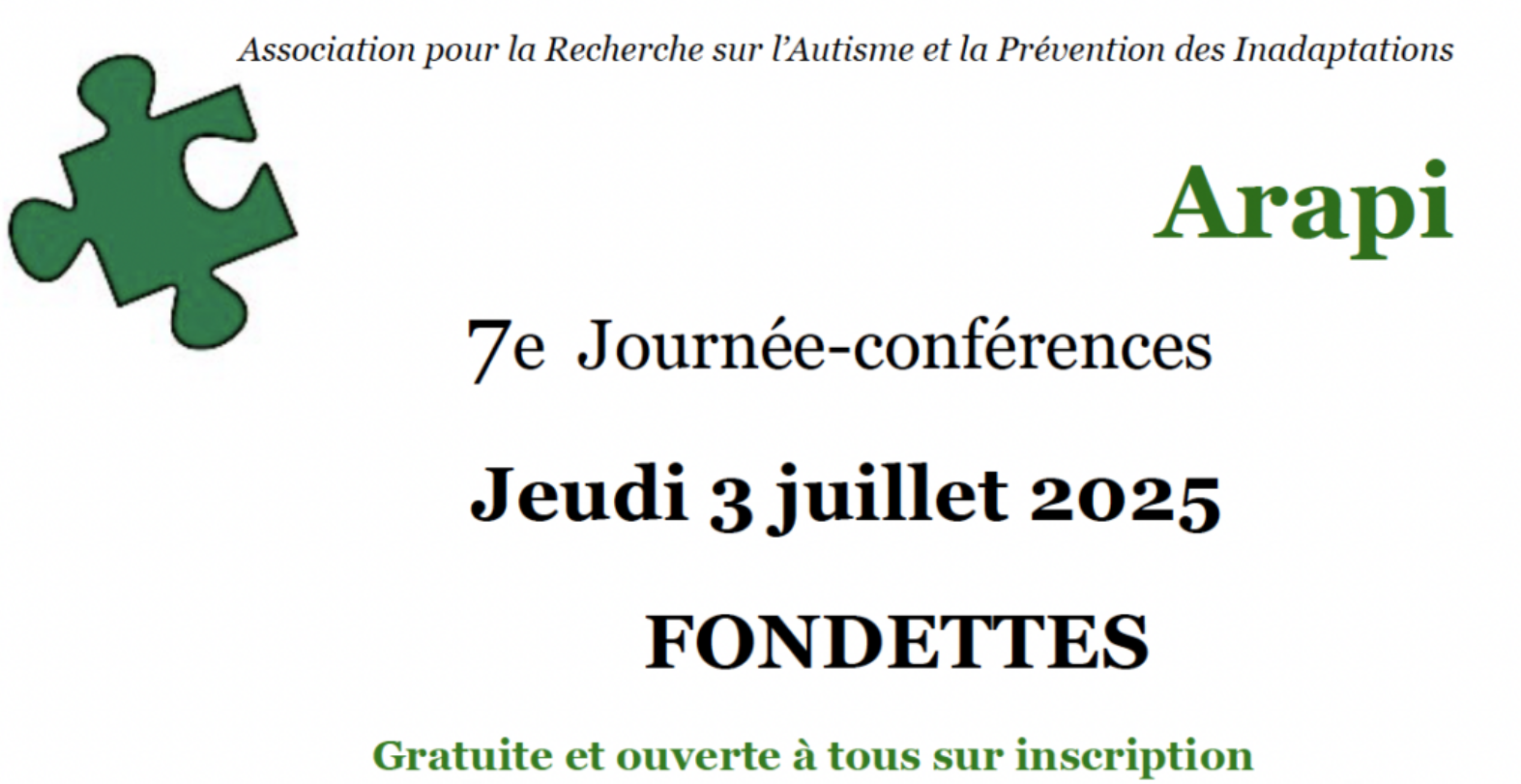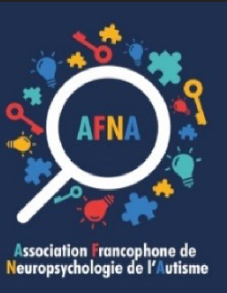|
Transformative advances in research methodologies, rigor, and technology have profoundly impacted our understanding of how sensorimotor features impact neurodevelopment. The complexity of how neurodevelopmental disorders develop, emerge, are identified, and respond to interventions in the earliest months or even days of life is of utmost interest. Research advances include:
- Early screening and diagnosis, genetic testing, predictive tools, intensive therapies, and a better understanding of sensory processing and parent-child interactions have deeply advanced screening, diagnosis, and treatment especially in Autism and Cerebral Palsy
- Technical advances in digital health, acoustic analysis, smartphone applications, machine learning, markerless motion capture, and wearables offer the promise of automation and remote monitoring and improved health care that is independent of geography
- Open science, research consortia, resource sharing, and large-scale video repositories have revolutionized the conduct of developmental science with methods that are primed for neurodevelopmental disorders
- Genuine engagement with patients, parents, and community partners and inclusion of patient-reported outcome measures has made combined expertise complementary, explicit, and tangible
- Rapid advancement in pediatric neuroimaging across modalities has supported the understanding of early brain development and behavioral synchrony
The potential for ultra-early detection, recovery, and rehabilitative treatments in Neurodevelopmental Disorders with infants and families has never been greater. The International Congress on Early Sensorimotor Development and Neurodevelopmental Disabilities invites experts, clinicians, and researchers from all over the world to explore the forefront of early identification, intervention strategies, and impacts on life course and culture. This event facilitates a dynamic exchange of ideas, blending foundational developmental research, neuroscience, clinical expertise, cutting-edge technologies, and innovative research methodologies.
This international meeting will facilitate exchanges among leading and emerging researchers, providing an opportunity to share knowledge and expertise in sensorimotor function. Experts in early childhood development, including those from diverse backgrounds such as psychiatry, physical therapy, occupational therapy, speech therapy, language development, voice production, neonatology, and medicine will highlight innovative approaches to early detection and treatment.
Held at the Faculty of Medicine at the University of Tours in collaboration with iBrain, INSERM, and the EXAC-T Center for Autism, this conference offers an academic setting that fosters intellectual exchange and interdisciplinary collaboration. Set in the historic city of Tours in the Loire Valley, rich in cultural heritage and surrounded by castles, gardens, and university life, this venue provides an inspiring backdrop for forward-thinking discussions on the future of ultra-early sensorimotor development and its role in neurodevelopmental health
|





